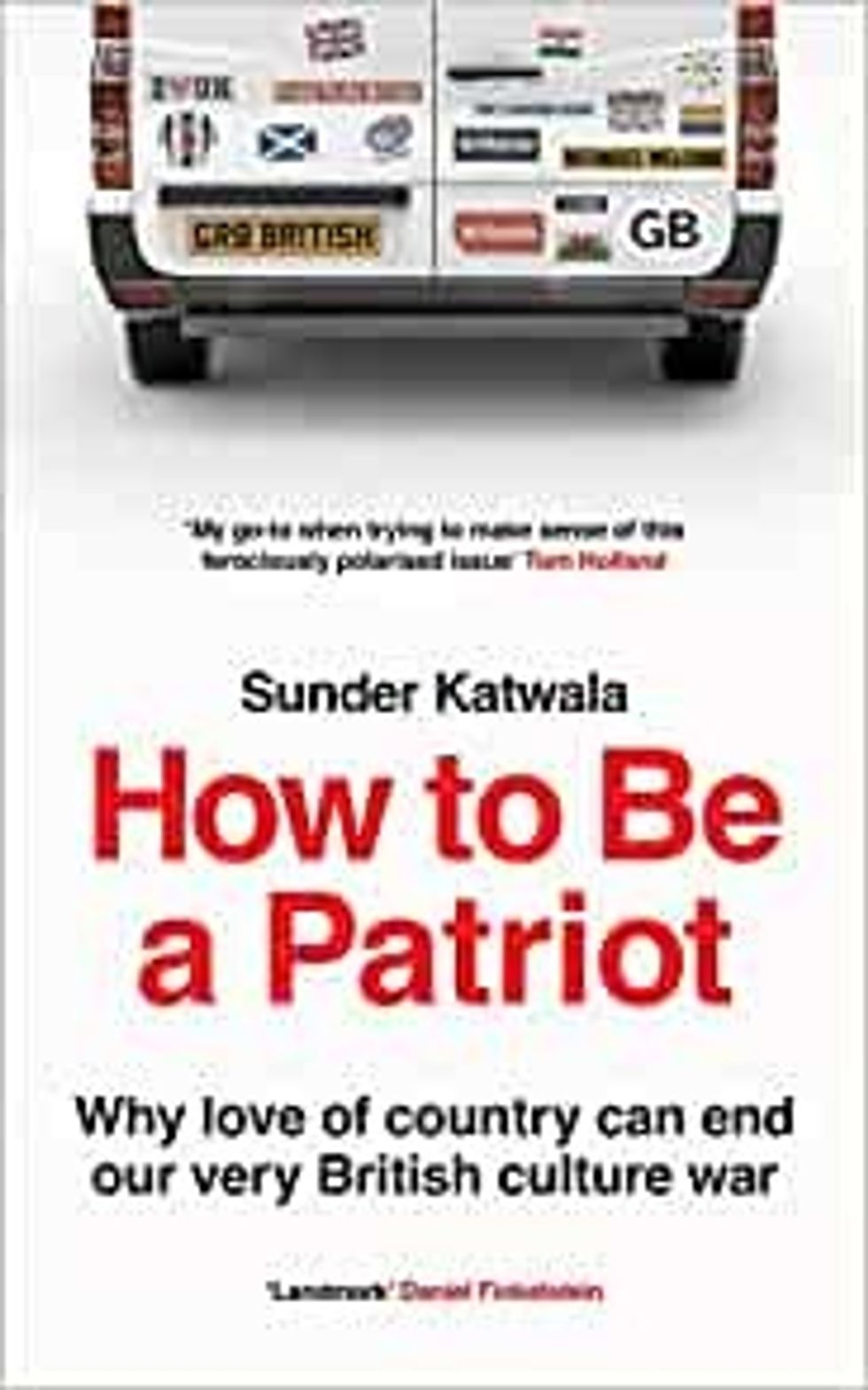THE Chelsea Flower Show hosted its first wedding this year.
Having designed the Garden of Unity for Eastern Eye and the Royal Horticultural Society, Manoj Malde married his partner, Clive Gillmor amidst its bright orange and pink marigolds, its array of vegetables, fruit and diya oil lamps, intended as a celebration - for gardening can bring people, cultures and traditions together - and of the community gardens which do that across the country.
I visited the flower show for the first time this year to see the garden being opened. The partnership forms one of part of the Royal Horticultural Society’s effort to increase its reach across British society and to promote horticulture for everyone, everywhere. Happily, there was very little sense at the Garden of Unity launch that British Asians would assume that gardening is ‘not for them’.
In our cultural and social lives, we sometimes inherit practices and traditions in our families which influence whether or how we do or do not engage with faith institutions, our local sports teams, or cultural institutions. – but or we might not. Building sustained relationships will take time, but we should not underestimate the simple power of being invited to participate can provide an important first step.
This year’s census results show why every institution in Britain needs to find the confidence to engage with Britain’s growing diversity if we are to unlock the opportunities of our society’s growing diversity for the benefit of all. Yet such efforts can also become a source of internal anxiety among institutions and sectors not sure how to make progress on building new relationships, or why good intentions with the desire to welcome everybody who walks through the door have not seen yet seen so much progress in practice.
So anxious conversations about a lack of minority presence is rooted in a ‘deficit model’, sometimes generating broad and somewhat simplistic anecdotal generalisations about what people from black, Asian or mixed race backgrounds will or won’t find relevant to them. Efforts to increase and broaden reach are much more likely to generate contention and negative headlines if there is, implicitly or explicitly, a somewhat zero-sum mindset, that whatever it is that appeals to current and traditional audiences might need to be diluted or ditched to modernise and to appeal to new ones.
In my new book, How to be a patriot I set out why I think it is a mistake to think that we make identity and culture more inclusive by thinning or taking things out. Rather we should continue to celebrate many things that we can cherish from our past and present, from language and literature to local identity and a sense of place, and use the power of attraction to those who become British to shape shared rituals, moments and experiences that we can share today.
The positive symbolism of the garden of unity had echoes of the efforts in this year’s Coronation, with its effort to bridge and balance a thousand years of Christian Coronation tradition with the King’s commitment to recognising the multi–faith pluralism of Britain today. How can these symbolic commitments to good relations help to generate practical commitments for sustained work on realising that vision on the ground?

That requires a cross-society response, though governments could play a crucial role in putting some of the essential foundations for inclusion and connection in place. Without universal fluency in a shared language for everybody who settles here, efforts at meaningful contact and connection can not get started.
Where schools in diverse towns are mixed, rather than segregated, we are much more likely to realise the benefits of contact from an early age, rather than needing efforts to ensure that children do have meaningful contact across ethnic, faith and class divides. Local partnerships can play a crucial part in whether there are places that we meet and mix, or whether those that used to exist are lost when there is sharp pressure on public finances, nationally and locally.
Part of the purpose and point of civic society is to mediate social relationships, yet this is much more difficult if civic organisations lack the relationships and reach to reduce a sense of social distance across divides of education, geography and social class as by ethnicity and faith.
Can a message of unity help us to navigate the sharper edges of more difficult conversations too? There are many bridgers within and across every majority and minority group but that can be a harder message to mobilise compared to those with the simpler task of voicing the aspirations, anxieties and sometimes grievances of any specific group.
The welcome message of the garden of unity should challenge us all to do more of the spadework that could better realise its vision too.





How Garden of Unity can plant seeds of inclusion
Shared experiences help build bridges between communities, says expert